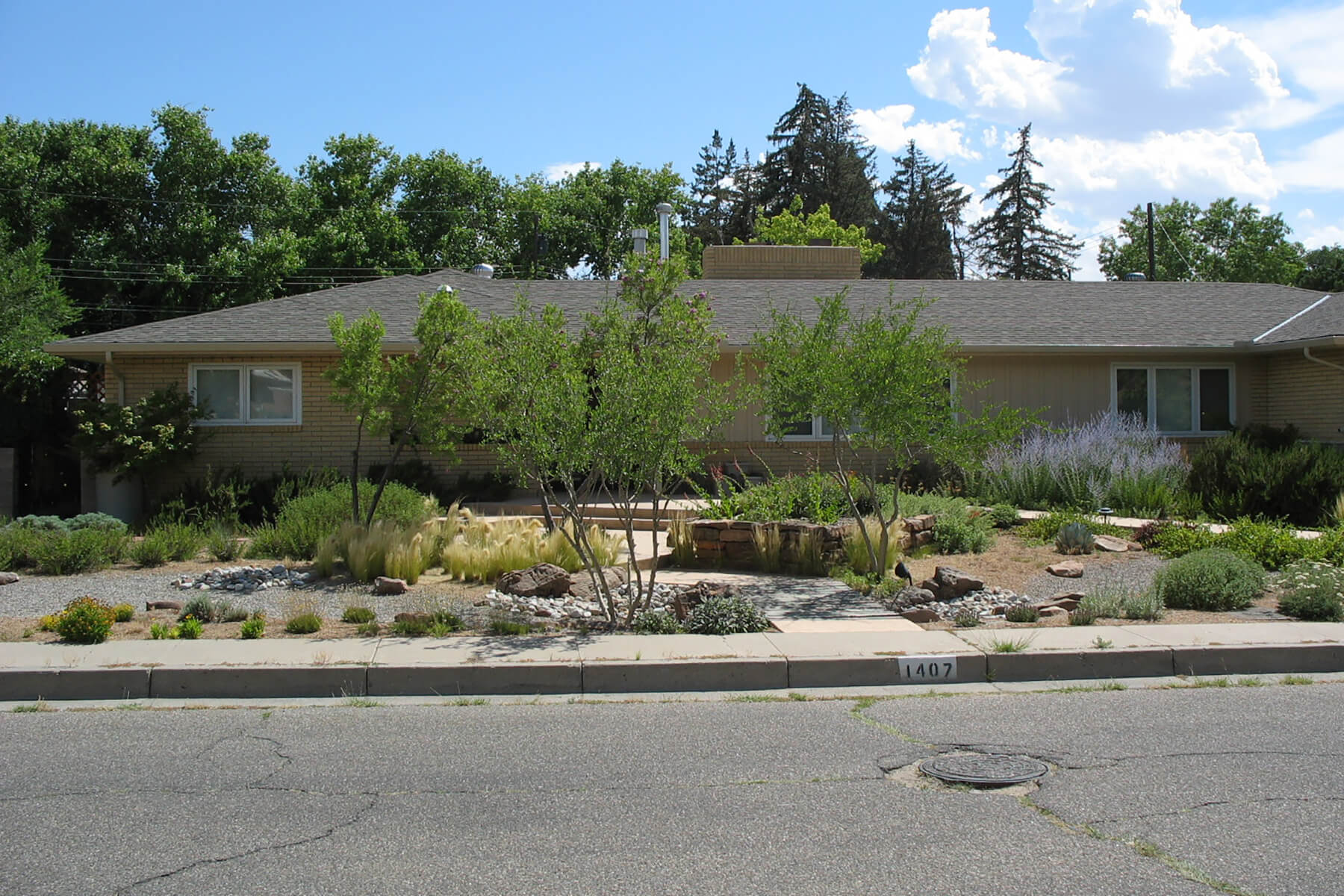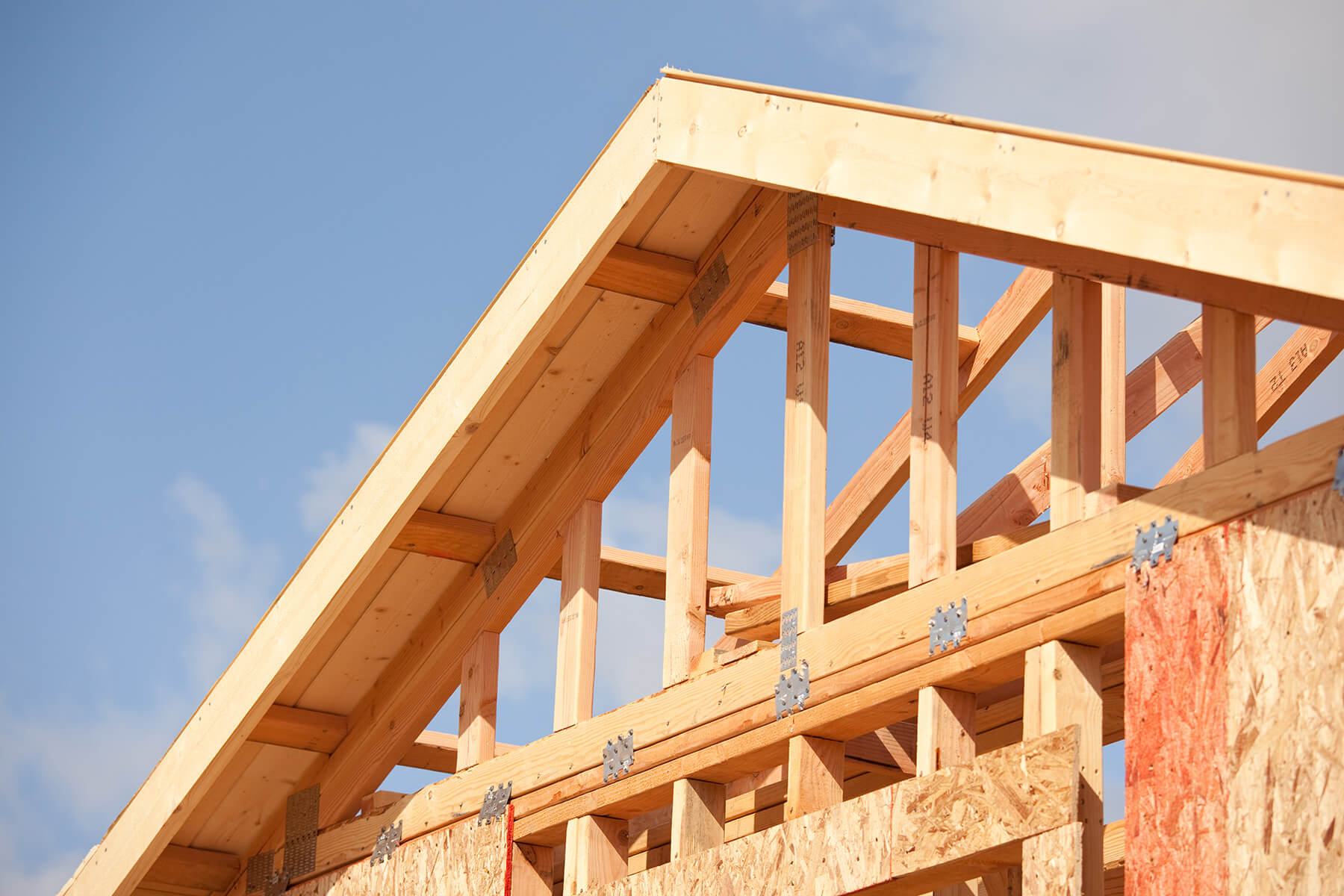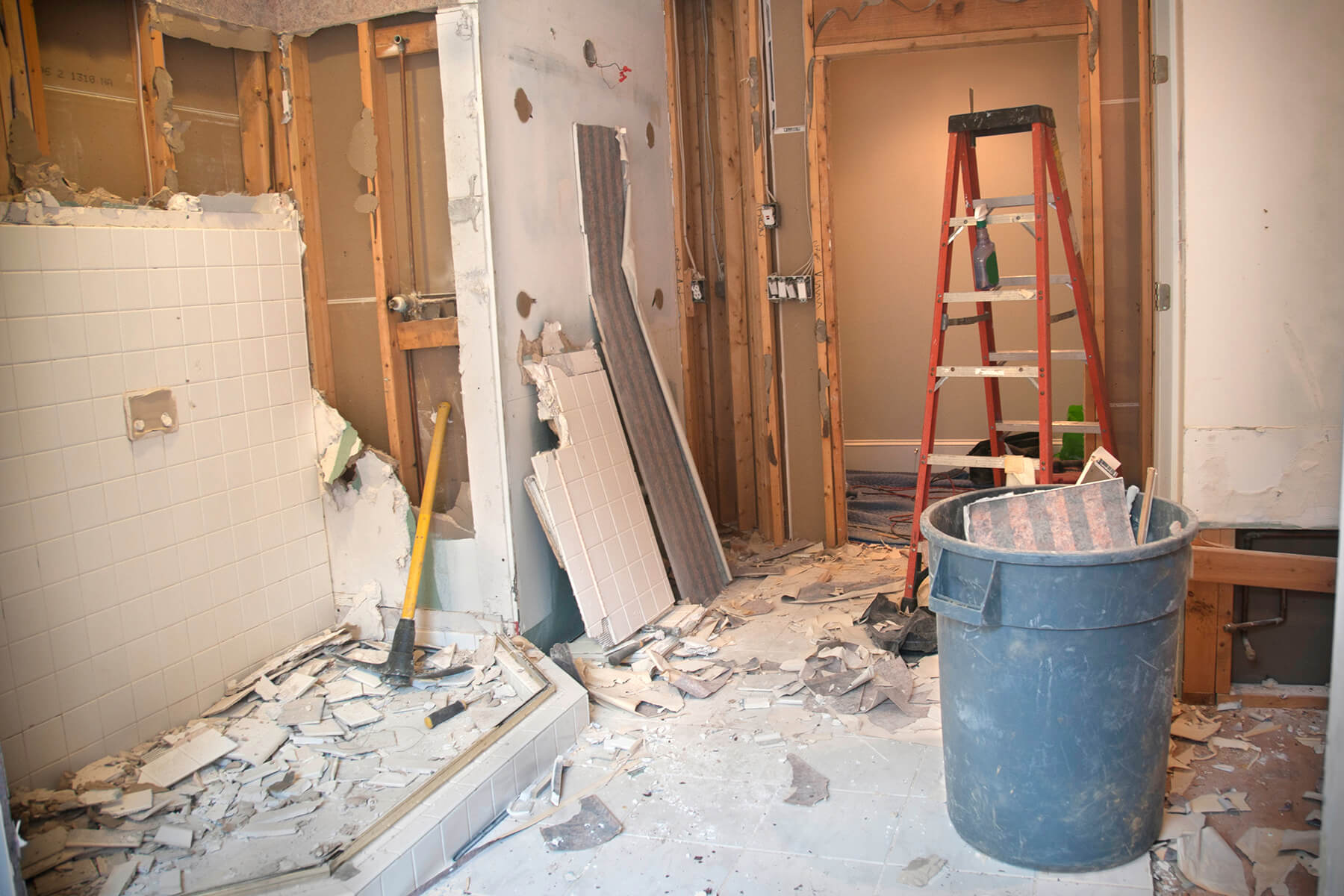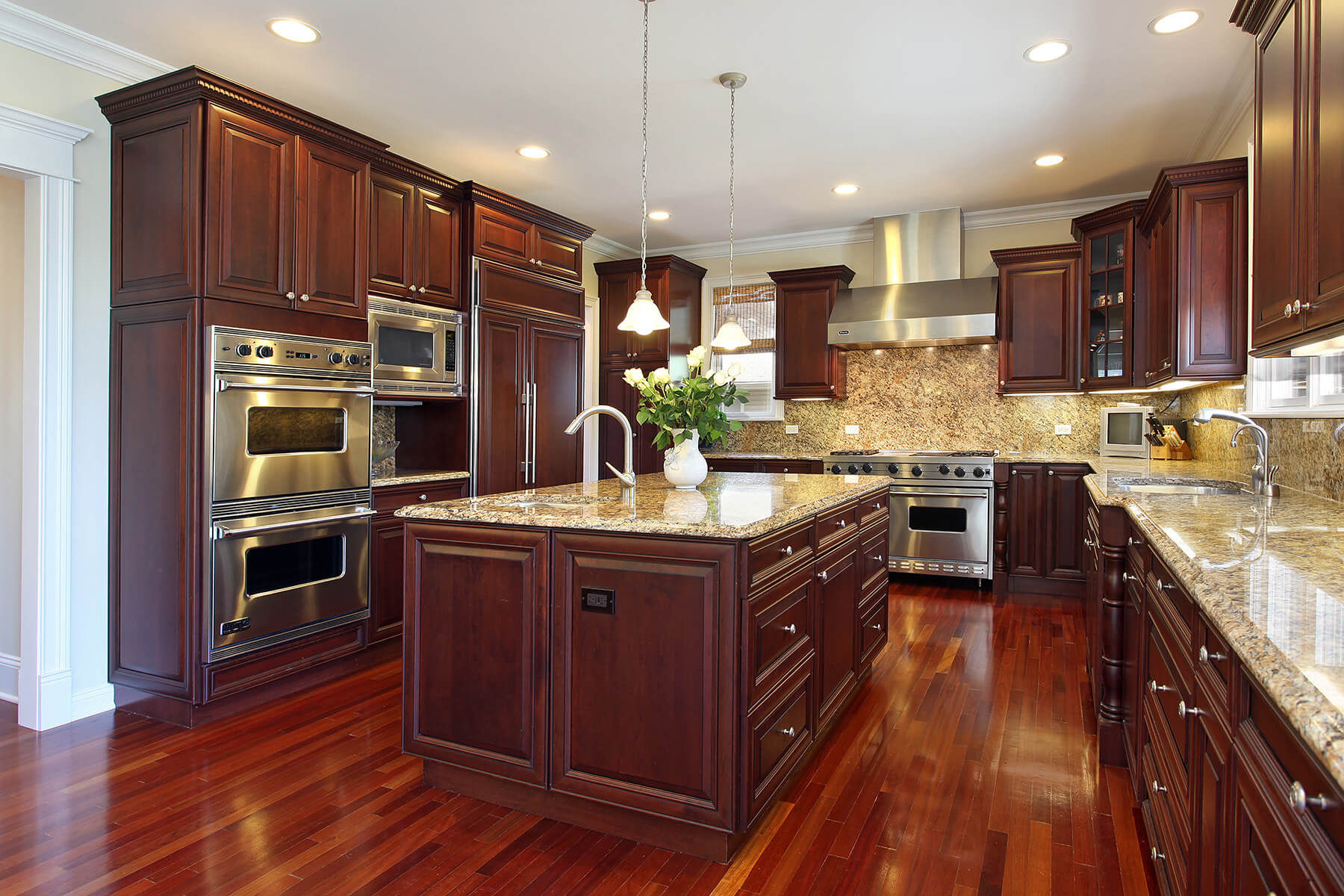
With the dearth of homes here in Portland, you may find yourself willing to make compromises you didn’t think you’d ever make. Although most people are willing to pay a premium for a move-in ready home, a fixer-upper can be a fantastic way to get the home you want while also sticking to your budget. Before you take the plunge, here are 8 things you need to know before you buy a fixer-upper.
1. Get an Unbiased Inspector
Once you find a home you’re interested in, walk through it with an inspector, and ask a lot of questions. You need to know approximately how much work and money you’re going to be committing to. As Jonathan Scott (part of the Property Brothers duo) said, “Any house can be made to look beautiful but by working with the right experts you can ensure the property you choose is actually worth it in the end.”
Get an inspector who has building experience and is also familiar with older homes. An inspector will look for structural, exterior, and interior problems. He or she can also tell you about things that might need replacing now or in the near future, like plumbing, the electrical system, or the air conditioning.
It’s critically important that any real estate contracts have an inspection contingency clause. This will allow you to back out of the deal if needed.
2. Price Renovation Costs Before Buying
Find a contractor (actually, multiple contractors would be even better), and go through the house with that person. This will give you an estimate to work with when you’re deciding if this house will work with your budget.
Be open about everything you’d like to do to the house, and give as many details as possible. You need accurate numbers to assess whether or not this home is actually something you can afford. Taking the time to create an accurate budget is one of the most important things you need to know before you buy a fixer-upper.
Even if you go through the home with a contractor, set aside 10 to 20% of your total renovation budget to cover the unexpected problems that always arise with a renovation project, and especially with a fixer-upper.

3. Structural Work
Structural work is its own kind of beast. If you buy a home that needs to be structurally overhauled, it’s a really wise idea to hire a structural engineer to inspect the home, even if you’ve already had a home inspection. Structural problems are especially expensive and overwhelming to deal with. If you do buy a home with structural problems, make sure that you:
- Get a great discount on the home
- Know just how bad the problems are and that they can be fixed (as much as possible)
- Have extra money in a just-in-case fund
Be aware that structural problems often aren’t fully apparent until you start renovating. And unfortunately, fixing them doesn’t always raise the value of the home enough to be worth doing these repairs (more on how to figure that later).

4. Check on City Rules/Permits
Ask local city officials if the work you’re planning on doing requires a permit. Don’t forget to factor the money and time you’ll need for any permits into your budget and schedule.
You can either get the permits yourself or have the contractor arrange to do it. Inspectors may force you do to additional work before you get the permit, changing the way you want to do a project.
Also, there may be special conditions for your fixer-upper. For instance, historical homes often fall under specialized guidelines that you may not find with newer homes. Having to buy historically accurate materials, for instance, can substantially up your renovation costs. Know about all special requirements before you finalize your budget and make an offer on the home.
5. Financing a Fixer-Upper
If you’re financing your fixer-upper, get pre-approved for both the mortgage and the home renovation loan before you even make an offer on the home. And make the home purchase contingent on getting both loans, or you might be stuck with a fixer-upper but have no money to fix it up.
Concurrent renovation loans can be tough to get. There are specialized home improvement loans like FHA 203(k) loans and the Fannie Mae HomeStyle Loan, which add improvement funds on to your mortgage, giving you just one mortgage and one monthly payment. These are easier to qualify for. If you’re interested in doing this, you’ll want to talk to a lender who specializes in doing these loans.

6. Know Your Neighborhood
You have to know the neighborhood you’re renovating in. Otherwise you could spend a lot of extra money on luxury things that a future buyer will never being willing to pay for in your area. These upgrades could be things like custom cabinets, granite countertops, or high-end tile.
How do you figure out what upgrades your neighborhood will support? We can run a report on comparable homes in the neighborhood based on the improvements you want to do. This will help you understand if the cost of your proposed renovations are worth doing. You can also try to walk through other similar homes in your area, which will prevent you from over-renovating.
Your fixer-upper’s end maximum resale value shouldn’t be more than 10 to 15% of the median price of other homes in the neighborhood.

7. Understand Your Local Market
If you’re in an area where housing costs have risen substantially and are approaching a peak, you might want to think twice about a fixer-upper. Even a home that seems reasonable may turn out to be substantially pricier when all is said and done.
Large-scale renovations can take a lot of time to complete, and if home prices fall or stay flat while you’re renovating, you may end up with a home that wasn’t worth the investment you made. If your market is going down while you’re renovating, you’re never going to come out ahead.
8. Think About Safety Hazards
Older homes often have unique safety issues that new homes just don’t have. You need to be aware of how these issues could impact the bottom line of your renovation.
- Lead Paint: Most states require that you renovate in a certain way if you’re dealing with lead-based paint (so that it can be gotten rid of safely). It’s time-consuming and can be very expensive, even for small renovation jobs.
- Asbestos: Asbestos was commonly used in older homes in things like insulation, flooring, and siding. It either needs to be fully encapsulated or removed by a trained crew. It isn’t something that you can safely do yourself.
- Electrical Wiring: Older homes also may not have adequate electrical wiring, which could mean you have a fire hazard on your hands. They also don’t usually have ground fault circuit interrupters (GFCI), which are an important safety feature for modern electrical systems.
- Pipes: Cast iron and galvanized piping usually needs to be replaced after around 50 years of use to make sure that the water is safe to drink.
This isn’t a complete list of potential safety hazards a fixer-upper can have. Your home inspection report can help you understand potential safety hazards you may have to deal with during your home’s renovation.
Things You Need to Know Before You Buy a Fixer-Upper
Are you considering a fixer-upper? If you think you have the time and patience to take one on, it can be a great experience that will get you the home of your dreams within your budget. If think there are any other things you need to know before you a buy a fixer-upper, give us a call (503) 283-1900. We’d be happy to help you out.
